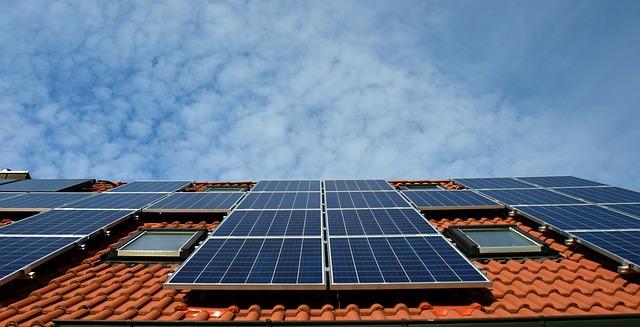Energy self-consumption
Self-consumption of renewable energy can provide financial, environmental, and security benefits for households, businesses, grid operators, and society at large. Though, the market is newly developing, and significant progress is still needed to both deepen market penetration, and ensure that the grid can manage resulting changes in energy flows.
In many countries, solar photovoltaics (PV) is approaching grid parity, making self-consumption an attractive measure, with ‘prosumers’ able to self-consume their generated sustainable electricity and sell-off any excess into the energy grid. Where parity is not yet met, further political and economic support is needed and there are multiple options available for regions.
The EU’s Clean Energy Package requires the EU Member States to remove barriers to self-consumption, though the exact measures to be implemented are flexible and dependent on national and regional scenarios. For regions, enabling self-consumption puts consumers at the heart of the low-carbon transition and unleashes private investment, so it is a potentially cost-effective strategy to meet renewable energy and emissions reductions targets. Although much is determined at the national level, regions have several options available for them to boost self-consumption.
Self-consumption of energy is possible using several technologies; this policy brief will focus specifically on self-consumption of electricity, rather than heat or cogeneration, and is focused mostly on individual applications rather than community initiatives. Additionally, as the leading technology, the focus is on solar photovoltaics (PV), but reference will also be made to other technologies.
To know more about the advantages of self-consumption and renewable energy, explore the policy brief on energy self-consumption.
Policy brief on renewable energy self-consumption
Policy brief on renewable energy self-consumption

